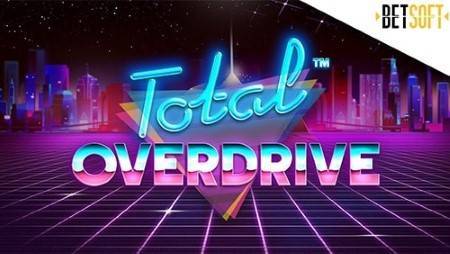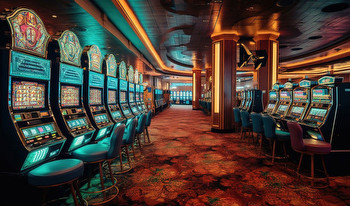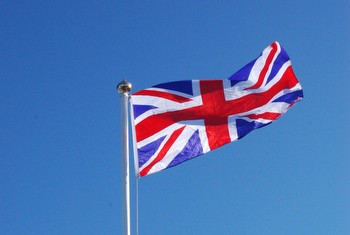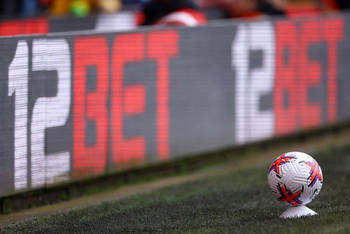‘The gambling industry relies on addiction for almost its entire business model'
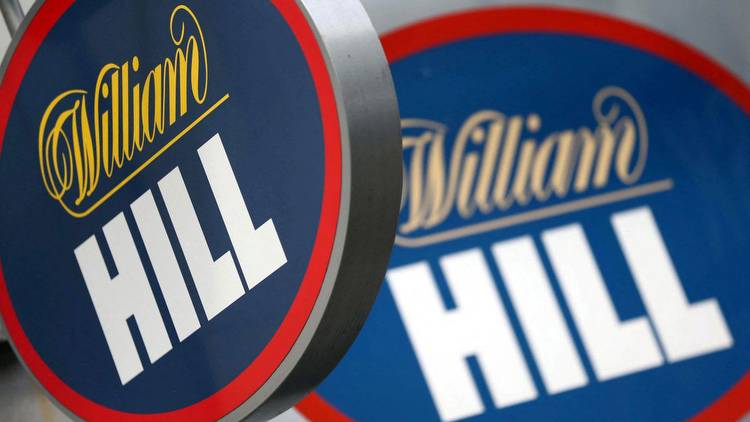
Charities and activists campaigning for tougher gambling regulation have questioned bookies’ efforts to tackle addiction among customers ahead of a major government review of the sector expected next week.
Betting giant 888, which owns William Hill, on Friday revealed a 15 per cent drop in online revenues, due to “proactive steps” it has taken to prevent problem gambling, including tighter affordability checks and lower maximum stake limits for online slots.
But Will Prochaska, strategy director at Gambling with Lives, a charity that supports families bereaved by gambling-related suicide, said that measures aimed at pre-empting new industry reforms are “nowhere near enough”.
“Stake limits for online slots and casino need to come down much lower than gambling companies will do themselves, to £2 at the highest, and affordability checks would need to be enacted at £100 monthly losses.
“The gambling industry relies on addiction for almost its entire business model – that’s why the industry is unable to effectively self-regulate, and why we’re still seeing so much harm, including daily deaths from gambling-related suicide.”
More than 400 people a year take their lives because of gambling addiction, according to Public Health England. Research by the National Centre for Social Research has found that the betting industry generates 70 per cent of their gross gambling yield from 5 per cent of accounts with the biggest losses.
Matt Zarb-Cousin, director of Clean Up Gambling, said: “Measures to reduce gambling harm will impact the profits of operators in the short term, however, unless these policies are implemented across the sector they won’t have the desired effect, as people gambling problematically will likely switch to another operator.”
A new government White Paper setting out changes to the Gambling Act could finally be published next week after a two-year delay. It’s expected to introduce new affordability checks at certain loss thresholds and lower stake limits for online betting, with football clubs already agreeing to remove gambling advertising from players’ shirts. It’s also likely to introduce a mandatory industry tax to fund treatment for gambling addiction.
Matt Zarb-Cousin said: “Operators already hold a huge amount of data on their customers, but it’s used for commercial ends rather than consumer protection. They are supposed to do affordability checks already, but the guidance around how is vague. What the White Paper will do is set out a more prescriptive process for how they should take place.”
888 is the parent group of high-street bookmaker William Hill, which was forced to pay a record £19.2m fine last year for what the gambling regulator described as “widespread and alarming” failings that nearly led to its license being suspended. The cases which led to the fine, including customers being allowed to lose tens of thousands of pounds within minutes of opening accounts, pre-dated 888’s buyout of the brand in 2021.
Its latest financial results came on the eve of the Grand National, the biggest day in the betting calendar. Around 13 million adults in the UK will place bets on the event worth around £250m, according to the Betting and Gaming Council.
The Royal College of Psychiatrists has urged problem gamblers to put self-exclusion agreements and online blocking software like GamBan in place ahead of the race this weekend. Matt Zarb-Cousin said that for gamblers who are already addicted or in recovery, the Grand National can be a “triggering event”.
“Betting on racing, particularly infrequently, is far less harmful than online casino or slots. But those signing up to bet on the Grand National will be cross-sold the more addictive products.”
A spokesman for 888 said: “When it comes to safer gambling, we know that we are on a journey of continual improvement, and we acknowledge that the group has not always got this right. We know that we must strive to do better and, in the year ahead, we are focused on enhancing the group’s overall approach to improving core processes, and aligning the safer gambling approaches that exist across our different platforms.”







